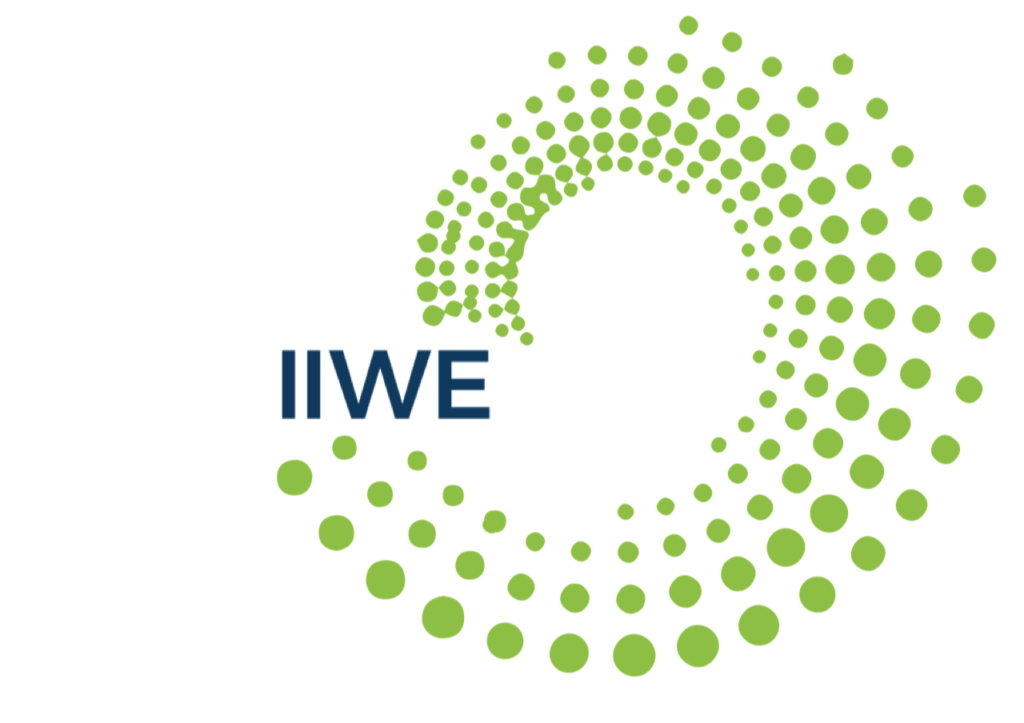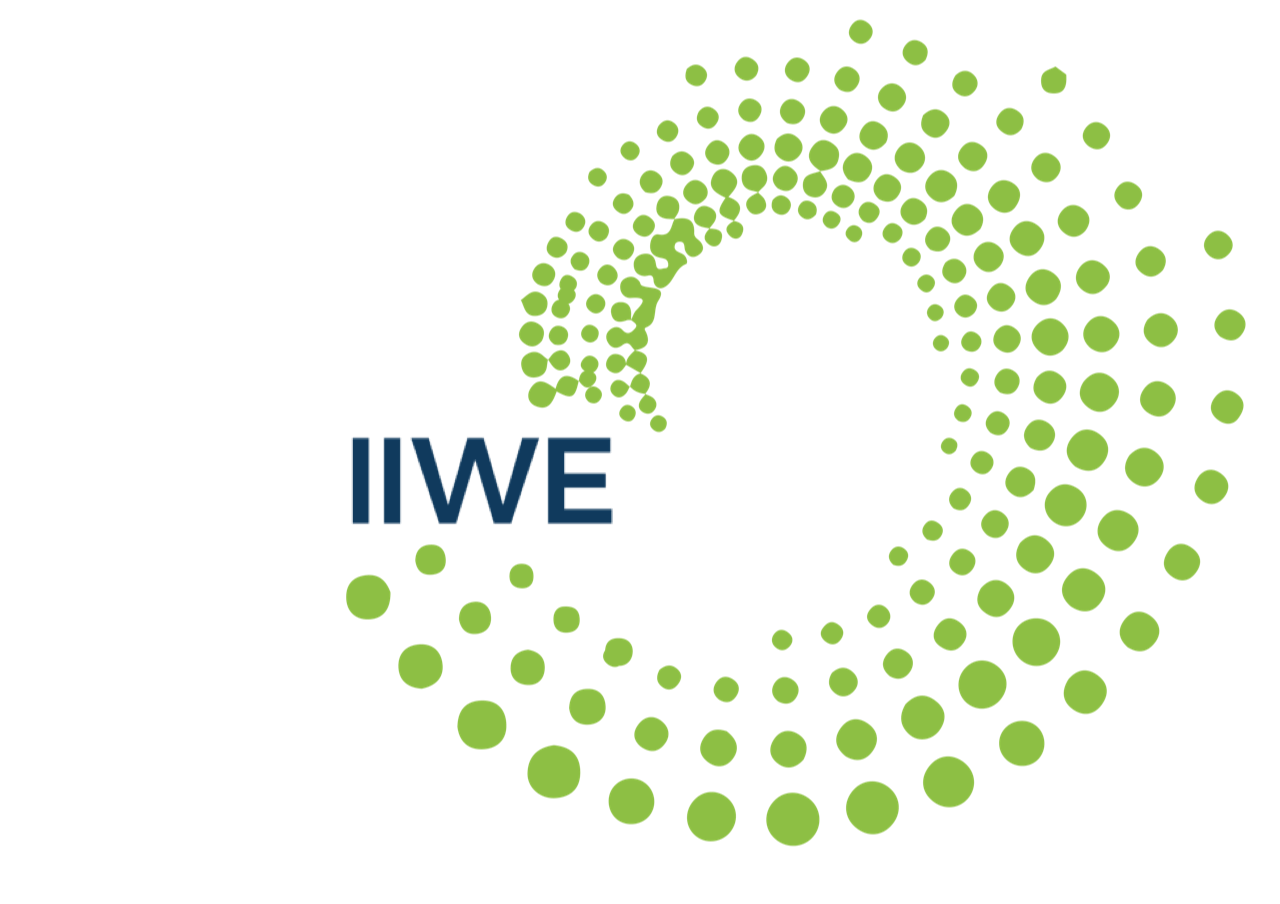The IMF Advanced Course
Overview
The IMF Advanced Course marks the second part of the comprehensive three-part Mindset Transformation Series, tailored to support individuals to engage effectively in group environments to cultivate collective problem-solving skills, and foster innovative thinking. This course expands its focus to include social wellbeing, encourage pro-social behaviours, and effect positive change within one’s immediate environments. Participants learn strategies for building meaningful connections and trust, communicating more effectively, and collaborating towards shared goals. By fostering a supportive network and leveraging collective strengths, individuals develop the mindset and capabilities needed to integrate seamlessly into teams and larger communities, and draw upon shared capabilities and intelligence to overcome obstacles and achieve common goals.
IMF Advanced Course Outcomes: Participants learn how to forge meaningful relationships and create impact in their immediate environments. They learn how to foster supportive networks and leverage collective strengths, developing the mindset and capabilities needed to address more complex challenges with creativity and innovation.
Benefits for Organisations: Participants emerge with strengthened abilities to collaborate and communicate more effectively, foster supportive networks, and leverage collective strengths, fostering a culture of creativity and innovation within organisations. This leads to enhanced problem-solving. creativity, reduced turnover rates and increased financial performance for organisations.
The overarching objective of the three-part series is threefold: IMF aims to empower individuals for personal growth and transformation, guiding them from self-empowerment to social wellbeing. It then cultivates a culture of collective empowerment and collaboration, aiming for broader organisational and societal impact. Ultimately, the series endeavours to catalyse systemic change through these concerted efforts, fostering a mindset of resilience, adaptability, innovation, and inclusivity.
1.1 Understanding the Importance of Empathy in Fostering Meaningful Relationships
1.2 Developing Skills to Recognise and Respond to Others’ Emotions
1.3 Closing the Gaps: The Impact of Missing Details on Understanding
1.4 Belief Systems: Mapping the Terrain of Our Inner Worlds
1.6 Experiential Practices for Enhancing Empathetic Connections
1.7 Integration and Application
1.8 Mindset Insights
2.1 Exploring Different Communication Styles and Their Impact on Relationships
2.2 Managing Your Inner State
2.3 Reframing to Expand Possibilities
2.4 Mastering Non-Verbal Communication and Active Listening Skills
2.5 Techniques for Clear and Assertive Communication
2.6 Discovering People & Their Worlds
2.7 Integration and Application
2.8 Mindset Insights
3.1 Exploring the Principles of Effective Collaboration
3.2 Cultivating Trust and Mutual Respect within Teams and Groups
3.3 Navigating Difficult Conversations
3.4 Utilising Reframing Techniques for Emotional Regulation
3.5 Resolving Inner Conflicts
3.6 Enhancing Conflict Resolution Skills and Providing Constructive Feedback
3.7 Integration and Application
3.8 Mindset Insights
4.1 Understanding Social Wellbeing
4.2 Identifying Factors Impacting Social Health & Wellbeing
4.3 Implementing Self-Care Practices for Social Wellbeing
4.4 Fostering Supportive Networks
4.5 Holistic Practices for Social Wellbeing
4.6 The Success of Others
4.7 Integration and Application
4.8 Mindset Insights
5.1 Understanding Emotional Intelligence in Leadership
5.2 Refining Self-Awareness and Self-Regulation Skills
5.3 Practicing Empathy, Motivation, and Effective Leadership Communication
5.4 Holistic Practices for Leadership Development
5.5 Integration and Application in Leadership Roles
5.6 Fostering a Culture of Continuous Learning and Improvement
5.7 Mindset Insights
6.1 Fostering a Culture of Innovation
6.2 Encouraging Creativity and Calculated Risk-Taking
6.3 Leveraging Diverse Perspectives
6.4 Collaborative Ideation
6.5 Holistic Practices for Innovation
6.6 Integration and Application in Collaborative Projects
6.7 Mindset Insights
Market Insight
In today’s dynamic landscape, mastering mindset is paramount for organizational success. The pace of change demands leaders and individuals who can not only adapt but thrive amidst uncertainty. Traditional leadership training often falls short in equipping individuals with the necessary skills to navigate this rapidly evolving environment. Recognizing this gap, the IMF Mindset Transformation Series emerges as a beacon, offering a structured and evidence-based program tailored to meet the demands of the modern era.
Value Proposition
Employees are invaluable assets capable of driving organisational growth, innovation, and creating systemic change. By investing in their development, organisations unlock measurable financial benefits, reduce inefficiencies, and foster environments primed for exponential growth. The IMF Mindset Transformation Series empowers individuals and leaders to embrace change, catalyse personal and collective growth, and effect systemic change, propelling organisations towards sustained success in an ever-evolving world.
Key Features
The IMF Mindset Transformation Series are a structured, science-backed program designed to empower individuals and leaders at every level of your organisation. Beginning with personal growth and transformation, participants are guided towards embracing a collective mindset, transitioning from individual success to shared empowerment. Through a holistic journey, the program cultivates shared capabilities, enabling organisations to tackle complex challenges with agility and resilience, ultimately fostering a culture of innovation and growth.
Other Details
- Participants will need to sit an exam for certification.
- Duration: The examination will be held for a total duration of 120 minutes.
- Format: The examination consists of 50 multiple-choice questions, and one case study.
- The questions will require students to demonstrate a comprehensive understanding of the key concepts covered in the modules.
- Passing Criteria: To pass the examination, students must achieve a minimum overall score of 70%, and attend 6 group coaching sessions.
- Participants are encouraged to engage in a daily 5-minute practice related to the topics covered in each module.
- These practices will include daily mindfulness exercises, reflection activities, goal-setting exercises, or self-coaching techniques.
- The purpose of these daily practices is to reinforce learning, enhance self-awareness, develop mental clarity and centeredness, and practical skills that can be applied in daily life.
- Participants are strongly encouraged to incorporate them into their routine and daily lives to maximise the benefits of the course.
- Participants will be invited for a total of six group live coaching sessions that will take place monthly.
- The goal of these sessions is to deepen the application of the concepts covered in each module.
- Participants are also encourages to engage with the community platform to deepen the daily application of the work.





